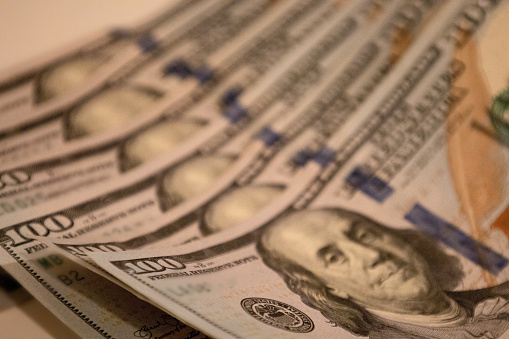Economics Courses
Take free economics courses from MIT, Harvard, and other top institutions worldwide. Join today.

learn economics
What is Economics?
The definition of economics is the study of how goods and services are produced, distributed, and consumed. In short, economics is the study of supply and demand. It is the theory of how markets work and wealth is distributed including how scarce resources are allocated. Economics is not just how the stock market is doing. Rather, economics refers to how people, businesses and countries choose to spend their money. This can be viewed in both a macroeconomics and microeconomics sense. Macroeconomics refers to the study of the overall economy from a wide point of view, for example, how an industry is doing, a country’s gross domestic product output, gas prices, national debt and more. Microeconomics refers to economics on a smaller scale, such as how a family decides to spend its money or how a business establishes prices.
Economic theory seeks to explain the production and consumption of goods. Economics is widely studied around the world as researchers seek to better understand the impact of certain policies on the economy. For example, this can include studying the effect of gas prices going up, the effect of people incurring larger debt, the effect of government health-care programs, and more. One of the most famous economic theories is Keynesian economic theory named after John Keynes who suggested that government monetary and fiscal policy could stimulate business and increase employment.
Managerial economics seeks to help business managers make logical decisions. It is the allocation of scarce resources in ways that best help a business succeed, for example, what goods and services should be produced and at what cost, or what markets should a firm enter or exit.
International economics is the study of how good and services move across borders such as how tariffs affect trade, how exchange rates influence the movement of goods, or how trade quotas affect a market.
Monetary economics is the framework of studying how institutions affect employment, commodity prices, interest rates, wages, production, and more.
Behavioral economics is the study of how psychology affects economic decision making. Economic theory states that humans will make rational decisions whereas behavioral economics seeks to understand why humans make decisions that are not economically rational.
Applied economics refers to the application of economic theories to real world scenarios to help predict outcomes.
Online Courses in Economics
Taking a course in economics can help you understand a wide range of topics that drive economic policy and financial decision making. Learn about the principles of economics including both macroeconomics and microeconomics. Study theories of economic growth, economic policy, economic development, socioeconomic policy, risk management, debt sustainability, pricing models, and more. edX has a plethora of courses and programs from beginner to advanced level where you can learn about numerous economics based subjects and topics such aggregate demand and supply, monetary policy, the labor markets, federal reserve, marginal costs, antitrust policy, etc. Learn about decarbonized economies from Delft University of Technology's The Transition to the Decarbonized Economy of Tomorrow where you will dive into the economic strategies for promoting the energy transition: technologies, policies, pricing, emission trading and more. Also educate yourself about bio-based economies from Wageningen University & Research's Economics and Policies in a Biobased Economy where you will learn how to explain the economic issues and policies affecting the biobased economy at the EU and international level, identify the important factors driving the development of the circular bioeconomy, and much more.
Take an economics class on edX today!






















































































